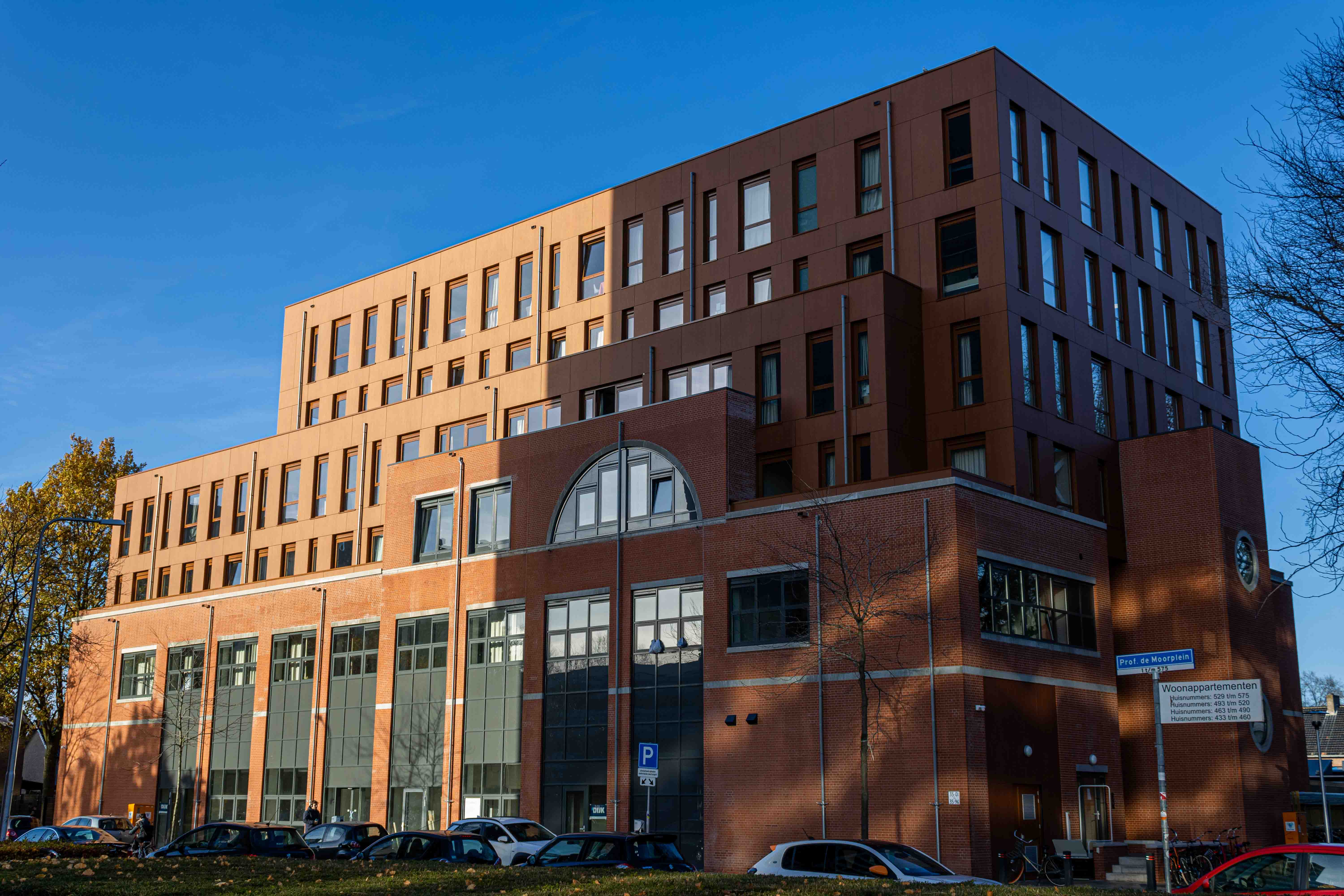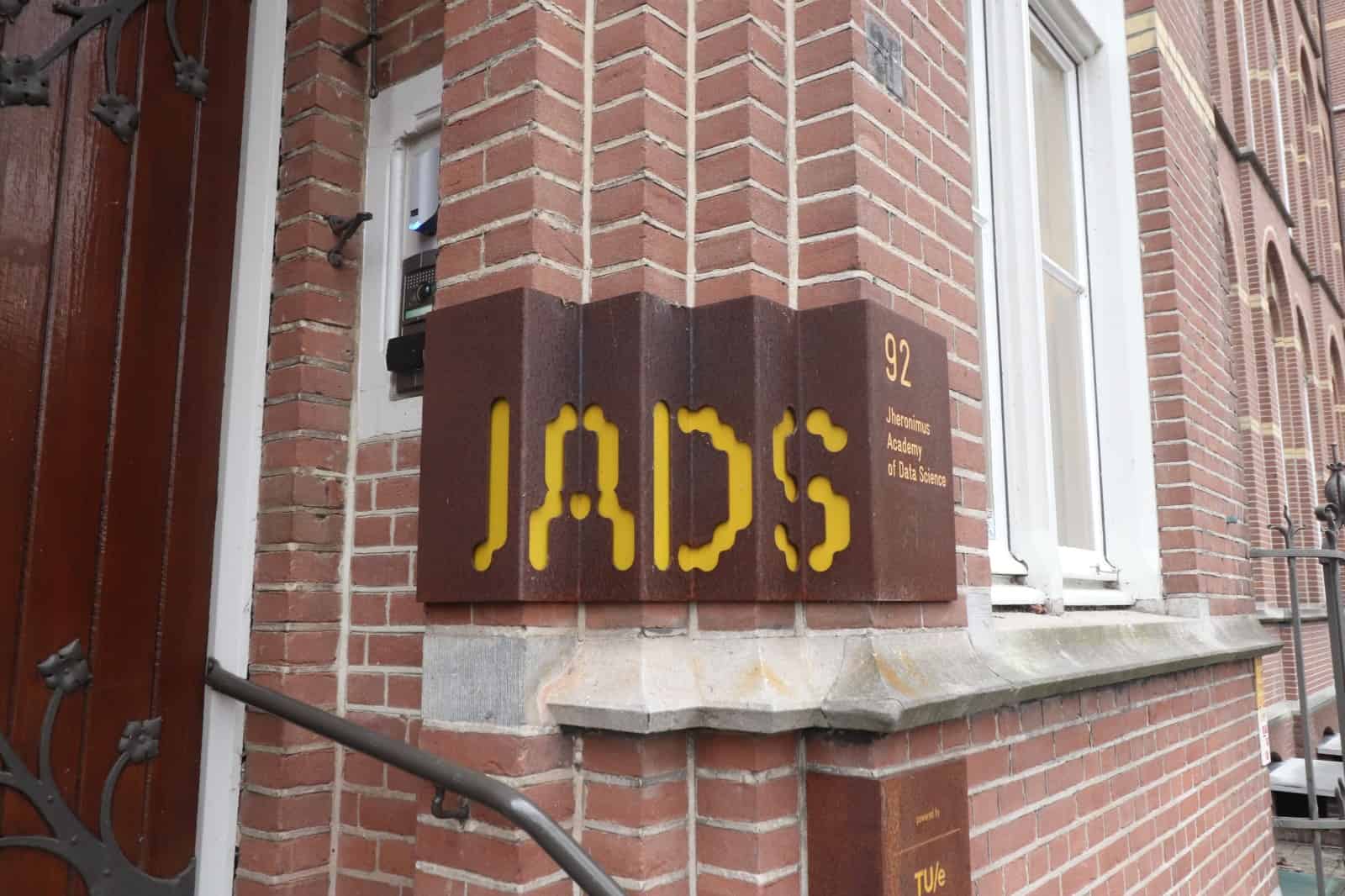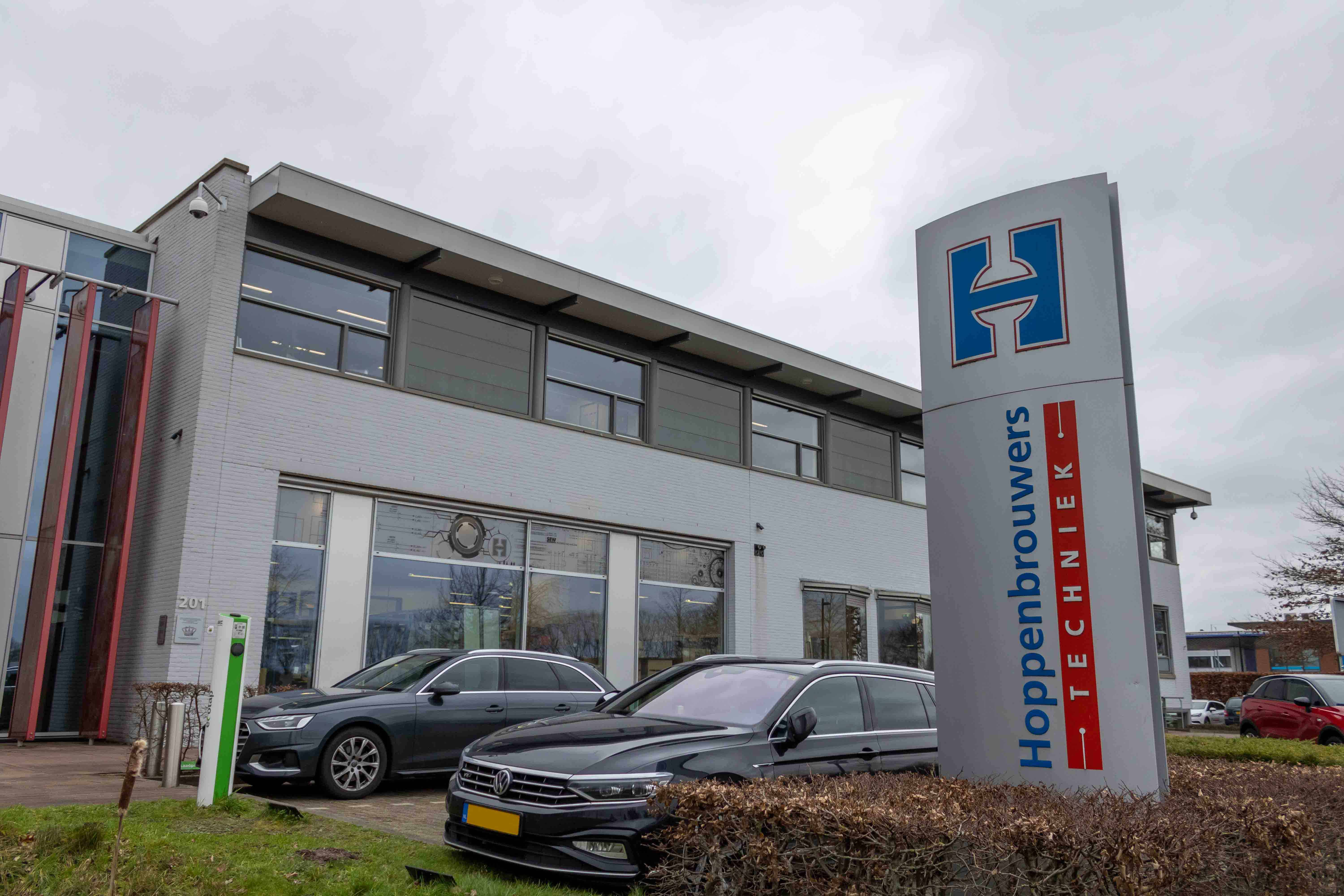
Today, the very first Dutch student cabinet presented its coalition agreement. All of the Universities in the Netherlands provide one cabinet minister each. That minister has a program for a theme that is relevant to his or her university.
“Education and research are fundamental investments in a better future,” states a letter from student Minister-President Timon Metz to the politicians in The Hague. “This letter serves as an outstretched hand towards the new parliamentary cabinet. Don’t talk about students, but talk with students. Universities are a source of wisdom, knowledge and innovations that can contribute to the development of a revitalized Netherlands,” he concluded.
Five questions for the Minister of Innovation Dirk van Meer, a student at Eindhoven University of Technology (TU/e) and CEO of Team CORE.
What is the main objective of this student government?
“Over the past decade, education and research were often mentioned in political party programs. Except that, in the cabinets that were eventually formed, their implementation did not receive the attention that they needed. Think back to all those speeches about the student loan system and its introduction. This is while universities, with all their scientists and students, have infinite possibilities to contribute to solutions for the problems of society. They come up with extraordinary innovations, for example through student teams, that can have a real impact. Take, for instance, the Eindhoven student team CASA. This team demonstrates that it is possible to develop sustainable housing that is actually marketable. This could be a great solution to the problems in the housing market. Politicians do not pay enough attention to these kinds of discoveries by students.”
Why should innovation not be ignored in ministerial posts?
“Innovations are the result of good education and research. This has been proven to be the case in the past. Technologies from e.g. the industrial revolution have shaped policy. Innovation means that everything changes. Right now, there are lots of major changes on the horizon again. For one thing, consider the rise of Artificial Intelligence (AI). This is going to have a lot of influence on our work and daily lives.”
Why is now the right time for this cabinet?
“We are seeing during the current pandemic how important research is. We see that the Dutch cabinet consults with scientists in the Outbreak Management Team (OMT) on a weekly basis in order to determine policy based on national and international research. This is how research has suddenly been given a serious voice. Why don’t we also appoint a similar body like the OMT for the housing emergency and the energy transition? Research from universities can make a major contribution there as well when it come to determining policy.”
“The adoption of smart technologies, such as AI, could have prevented unwanted situations at the Dutch Tax and Customs Administration, like the benefits affair, at least to some extent. If politicians hold discussions with researchers and students, we can then look for solutions together. Every conversation we have and every innovation we utilize is a step in the right direction, a step towards a better future.”
What do you want to accomplish as innovation minister?
“Innovation in education itself is important. I think that the Eindhoven University of Technology has already shown that challenge-based learning has an enormous positive effect on education. Although, as a society, we are not doing enough with it yet. Challenge-based learning is a new style of education whereby students work in interdisciplinary teams on challenges set by companies. In other words, it’s about problems from the real world. Students think out of the box and come up with new solutions. What if in the future, not just companies but also governments were to come up with challenges for students? That will probably provide entirely new insights. This way, universities can contribute in a novel way with knowledge that is needed to make policy. In the areas of both climate and the housing shortage to name a couple of examples.”
TU/e innovation Space recently won a major award for its vision surrounding challenge-based learning.
What do you think the future looks like?
“We want to talk to politicians to see to it that research from the university plays a more important role in determining policy in the future. Greater focus on innovation is extremely important in this regard. This has to filter through to all the existing ministries in The Hague. Scientists and students work every day on technologies of the future. Engage with them and determine policy on the basis of that. That’s when we will move forward.”







